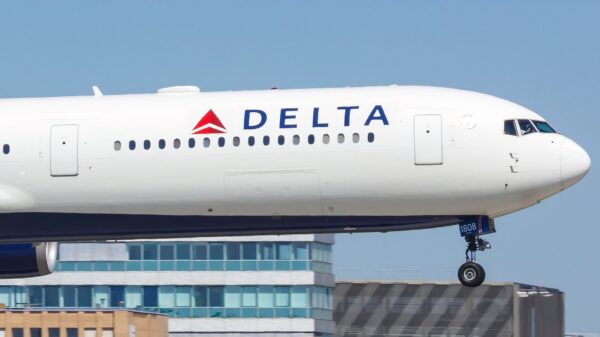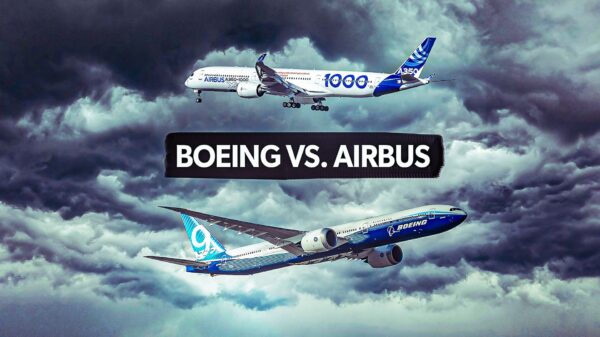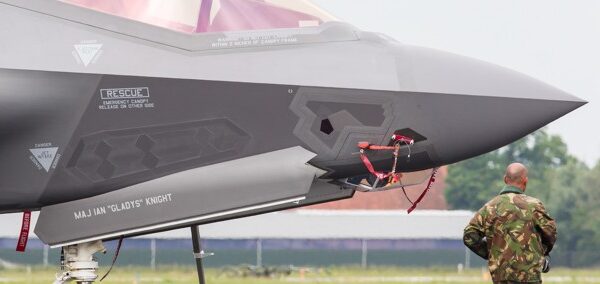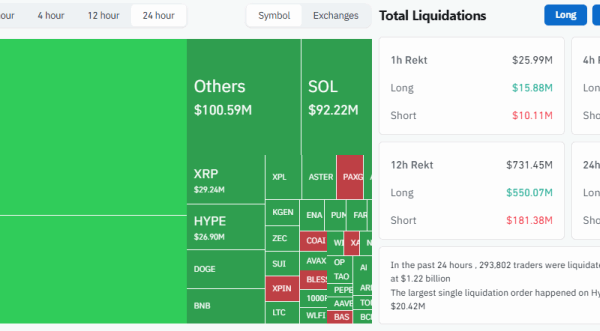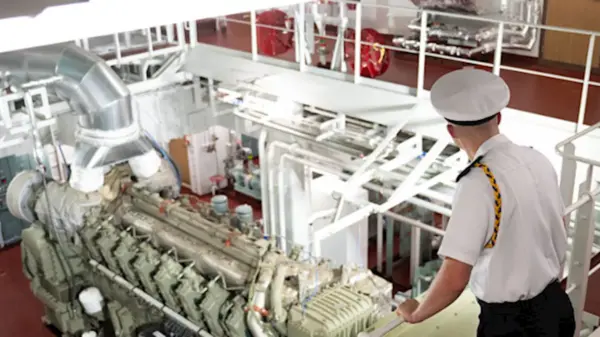In a significant moment for the aviation industry, Airbus’ narrowbody A320 family has officially surpassed Boeing’s 737 series as the best-selling commercial jet of all time. The A320 family recently crossed the milestone of 12,250 deliveries, while Boeing continues to face challenges in ramping up production of its 737 MAX jets. This shift not only highlights Airbus’ dominance in recent years but also raises questions about the future trajectory of both aircraft manufacturers as they navigate the complexities of the 2020s.
Airbus has consistently outpaced Boeing in deliveries, especially following the downturn caused by the 737 MAX crashes in 2019 and the subsequent impact of COVID-19 on global supply chains. The European aerospace giant has introduced models like the A320neo, A330neo, and A350 with relative success, while two of the four 737 MAX models remain in certification limbo alongside the delayed 777X next-generation widebody aircraft. As we reach the halfway point of the decade, a closer examination of production performance reveals the stark contrasts between these two industry titans.
Production Numbers: A Comparison of Deliveries
Looking at projected production figures, Airbus aims for a total output of 770 aircraft by the end of 2025, a decrease from its original target of 820. In contrast, Boeing has not publicly set a goal for this period. Based on current trends, Boeing’s anticipated deliveries would fall around 600, resulting in Airbus holding a lead of at least 20% in deliveries for the year—a continuation of its advantage since 2020.
The year 2020 was particularly challenging for Boeing, which struggled to produce merely 10-20 planes monthly due to the grounding of the 737 MAX following two fatal accidents. This situation resulted in a production freeze that lasted until the Federal Aviation Administration (FAA) authorized a return to service. A side-by-side comparison of yearly deliveries from 2020 to 2024 illustrates this disparity:
– **2020**: Boeing 157 | Airbus 566
– **2021**: Boeing 340 | Airbus 611
– **2022**: Boeing 480 | Airbus 663
– **2023**: Boeing 528 | Airbus 735
– **2024**: Boeing 348 | Airbus 766
Airbus’ dominance is underscored by consistently delivering more than double the aircraft of Boeing in recent years. Quality control issues, such as the explosive ejection of a door plug from an Alaska Airlines 737 MAX, have further hampered Boeing’s output.
Competition Between Flagship Models
The competition extends beyond narrowbody aircraft, with both manufacturers vying for supremacy in the widebody category. Boeing’s highly anticipated 777X has yet to clear FAA certification, putting it nearly five years behind schedule. In contrast, Airbus’ A350 has been successfully operating for a decade, with hundreds of A350-900s already delivered and the A350-1000 set to enter production soon.
Despite the promise of the 777X, which boasts innovative technologies such as the GE9X turbofan engines and folding wingtips, its development has been plagued by delays. The current Boeing CEO, Kelly Ortberg, indicated that deliveries are not expected until 2027. Meanwhile, Airbus CEO Guillaume Faury has effectively navigated the challenges posed by the pandemic and overseen the company’s ascension as air travel demand rebounded.
Both manufacturers face a looming bottleneck in the supply chain, with Airbus currently managing a backlog of 7,262 orders while awaiting engines from suppliers such as Pratt & Whitney and CFM International. Boeing’s recent merger with Spirit AeroSystems aims to improve quality assurance, as the supplier is responsible for a significant portion of the 737 MAX components.
The merger of Boeing and McDonnell Douglas in 1997 has been cited as a turning point in the company’s trajectory, leading to a perceived shift from engineering excellence to a greater focus on financial performance. Critics argue that this change has contributed to the quality issues that have plagued Boeing in recent years, culminating in the crises surrounding the 737 MAX.
As the aviation industry continues to evolve, the competition between Airbus and Boeing remains fierce. Airbus has positioned itself as a leader in the commercial aircraft market, while Boeing works to regain its footing in an increasingly challenging environment. The coming years will undoubtedly shape the future of both companies as they strive to meet the demands of a recovering global aviation landscape.






